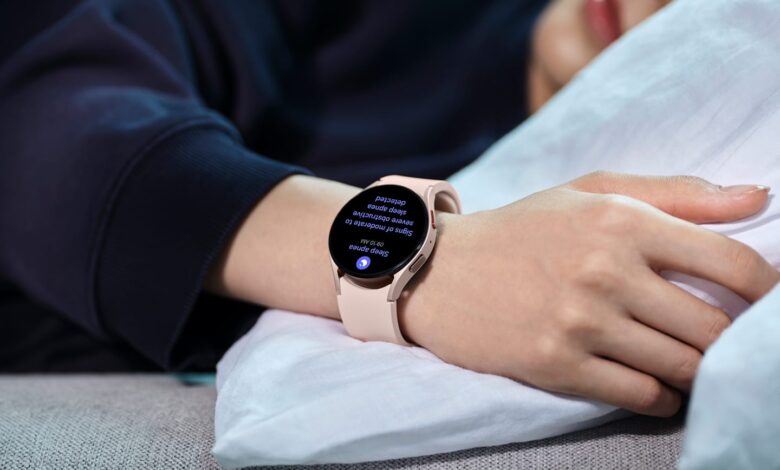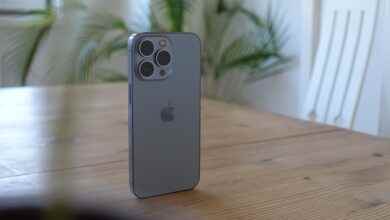
Samsung Electronics has announced a new research partnership with Stanford Medicine to enhance the detection and management of obstructive sleep apnea (OSA) through wearable technology. This groundbreaking collaboration aims to push the boundaries of sleep health monitoring by integrating Samsung’s Sleep Apnea feature on its Galaxy Watch devices with Stanford’s medical research expertise.
The joint initiative, revealed on April 8, 2025, aligns with World Health Day and underscores the growing global emphasis on sleep as a critical pillar of preventive health.
From Detection to Daily Management
Samsung’s current Sleep Apnea feature — available on select Galaxy Watch models — has already received significant regulatory approvals. It became the first wearable feature of its kind to receive De Novo authorization from the United States Food and Drug Administration (FDA). Prior to this, it had secured approval from the Ministry of Food and Drug Safety (MFDS) in South Korea. Most recently, the National Health Surveillance Agency (Agência Nacional de Vigilância Sanitária, ANVISA) in Brazil also approved the feature, paving the way for its availability in Brazil by late April 2025.
With these regulatory greenlights, Samsung’s Sleep Apnea feature is now available in 29 markets globally. The tool detects signs of moderate to severe obstructive sleep apnea (OSA) and enables users to spot symptoms early, potentially helping to prevent long-term complications.
However, the newly announced collaboration with Stanford Medicine sets out to go beyond detection. The research project, led by Professor Robson Capasso (Principal Investigator) and Professor Clete Kushida (Co-Principal Investigator), aims to explore ways to enhance the feature into a full-fledged management tool. Future plans involve the use of artificial intelligence (AI) for personalized daily monitoring and timely interventions that support better sleep health.
Stanford and Samsung Join Forces
Professor Robson Capasso, Chief of Sleep Surgery and Professor of Otolaryngology and Head and Neck Surgery at the Stanford University School of Medicine, shared his thoughts on the ethical and scientific significance of the collaboration:
“The ethical, equitable, and evidence-based use of technology, after its validation through research, is crucial in developing new approaches to detection and management of sleep apnea and other serious sleep-related health conditions,” said Capasso. “We are excited about this groundbreaking collaboration and proud to be initiating a study utilizing smartwatches — a friendly and commonly accepted wearable.”
Samsung echoed this commitment to innovation and care. Dr. Hon Pak, Senior Vice President and Head of the Digital Health Team in the Mobile Experience Business at Samsung Electronics, stated:
“This collaboration with Stanford Medicine will combine our deep technological expertise with Stanford’s leading research capabilities to unlock new innovation in preventive care. Together, we aim to move beyond screening to also provide more meaningful daily support that helps people better understand and manage their sleep health.”
A Global Push for Accessible Sleep Health
The project represents more than a scientific leap — it reflects a broader trend of integrating consumer wearables into mainstream healthcare. As smartwatches evolve from fitness trackers to advanced health monitors, they offer new opportunities for managing chronic and underdiagnosed conditions like obstructive sleep apnea (OSA).
The availability of the Sleep Apnea feature in 29 countries shows Samsung’s commitment to equitable global access to digital health tools. Additional markets are expected to gain access in the future as regulatory approvals continue.
As the study with Stanford Medicine unfolds, it may pave the way for industry-wide standards in sleep health monitoring — transforming how individuals, caregivers, and healthcare professionals approach one of the most pervasive and under-addressed sleep disorders in the world.





